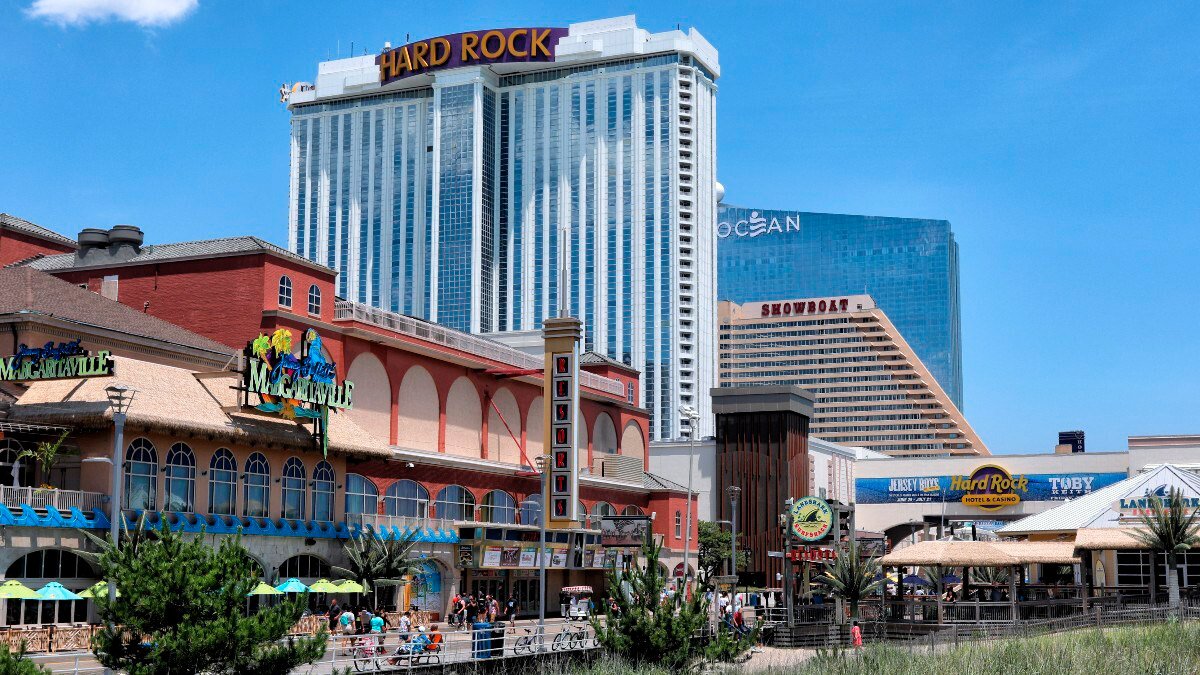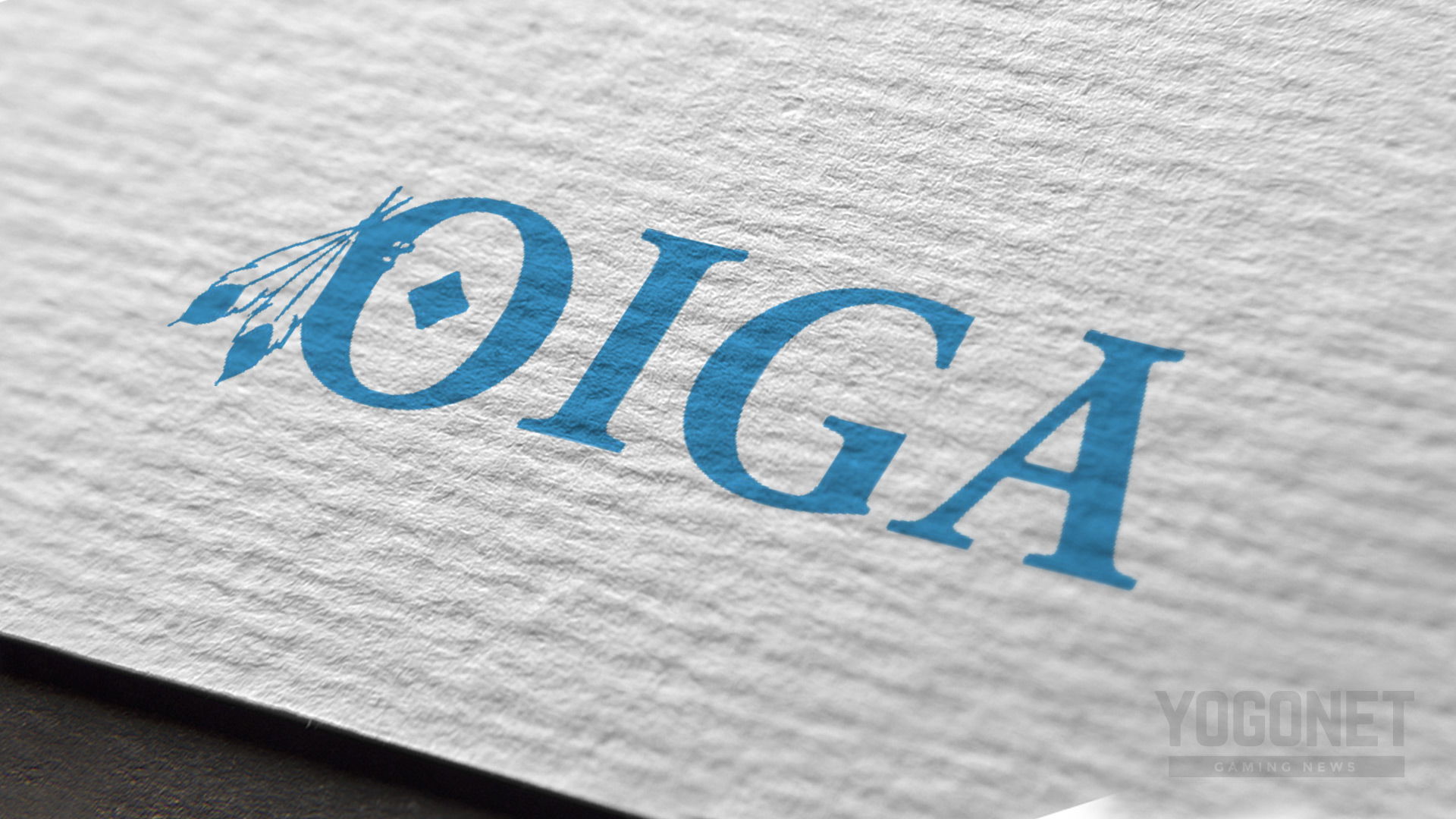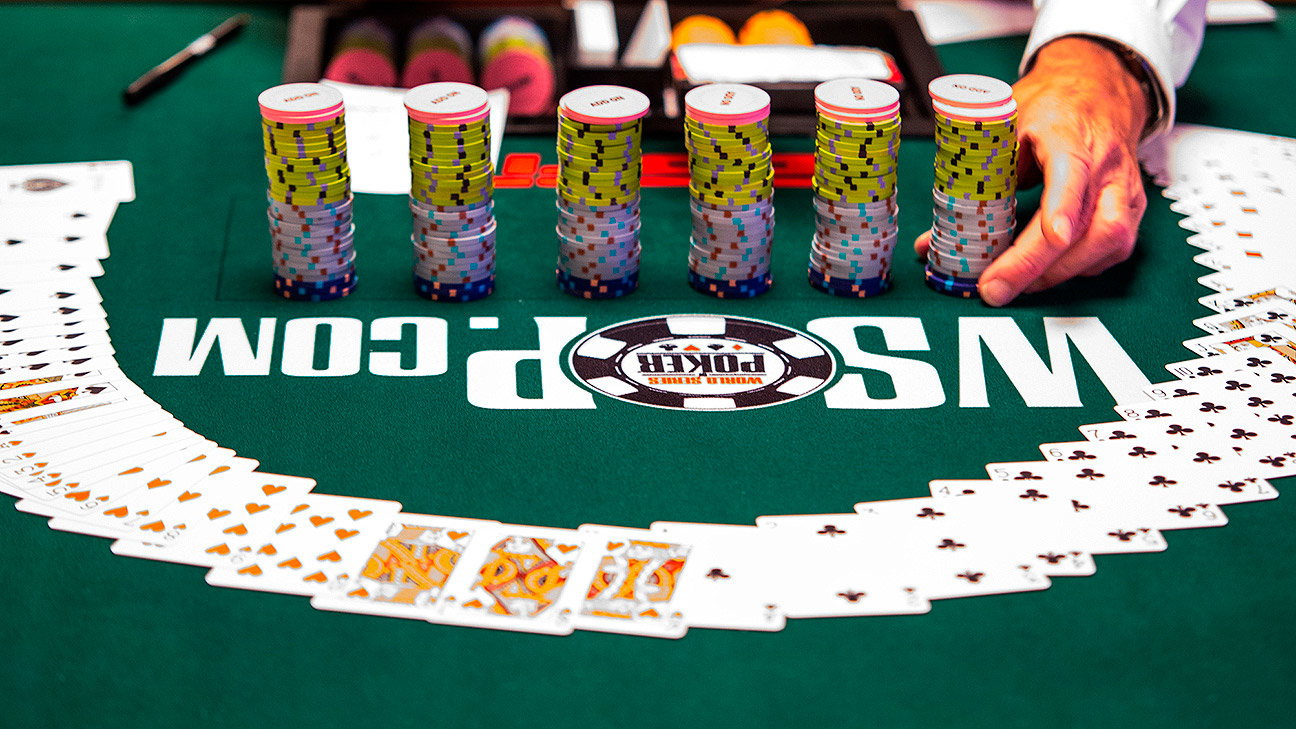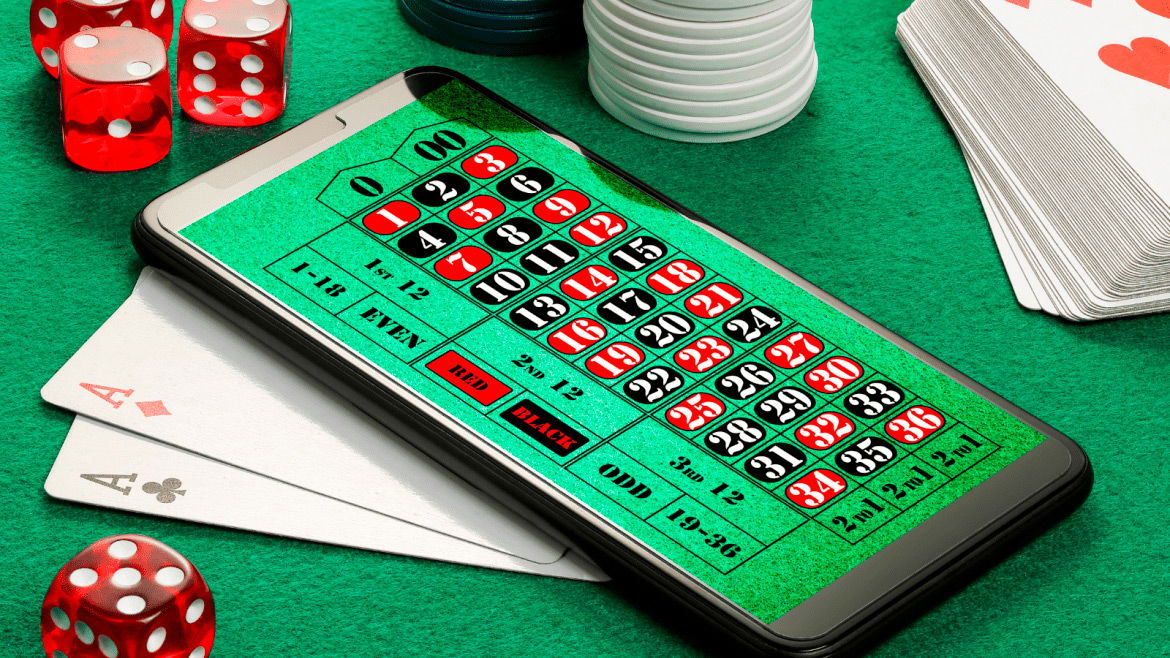"We do not see Jamaica ever becoming a casino destination"
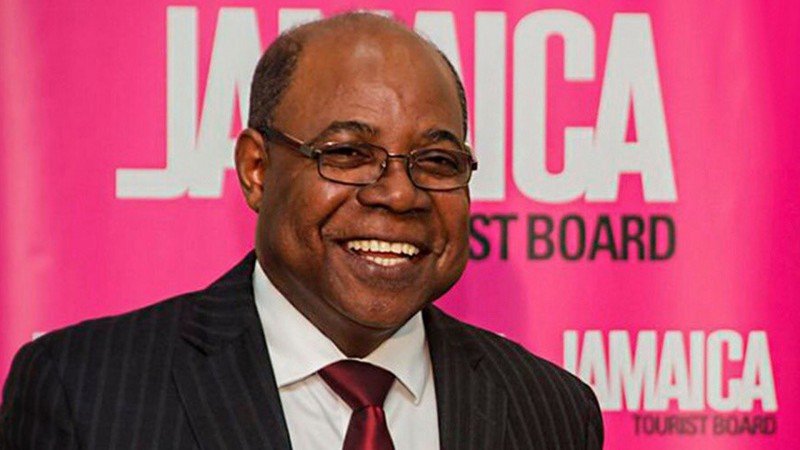
In making a case for Jamaica to move quickly to integrate casino gaming into its tourism product, Bruce Liebman, the managing partner in a US-based law firm, said the island should position itself to capitalize on the recent passage of Amendment 3 in Florida, which effectively limits the growth of casino gaming and prevents the construction of additional large-scale facilities that deal Black Jack in the state.
But Jamaica's Tourism Minister Edmund Bartlett has seemingly disagreed with Liebman's position: "the fact is that casino for Jamaica is not a requirement for our growth but within the context of the integrated development model, casino gaming is a driver for exponential growth so we do not see Jamaica ever becoming a casino destination but rather a destination in which casino gaming is available."
The comments were made within the framework of at a weekend seminar on Hospitality Industry and Casino Operator’s Guide to Managing U.S. Liability Issues from the Caribbean, which took place earlier last month.
Liebman said as a result of Amendment 3, Jamaica has a tremendous opportunity to get ahead of the state of Florida.
“If you guys can get there in the next few years and put in casinos in an integrated format with entertainment, with condominiums, with shopping and golf courses and get it on the ocean with your beautiful sand and beautiful beaches, you will be ahead of the state of Florida,” he told the participants, as he sought to encourage Jamaica to embrace sports gambling, which he described as a multibillion-dollar business in the US.
Liebman urged Caribbean governments to twin sports and casino gambling with the requisite regulations to guide the industry, noting that the American Gaming Association has determined that there is definitely a positive correlation between hotel room sales and casino revenue.
“It’s pretty simple. You want to put bodies in rooms that were going to remain unsold, so you bring them (visitors) to your casino,” Liebman said, telling his audience that Las Vegas has been doing so successfully for the past 50 years.
But Bartlett, said that while Jamaica was getting ready to have its first regulated casino up and running by 2020, casino gaming would add only two per cent to the Gross Domestic Product (GDP).
“We have shied away from gaming as a structured path of the tourism experience for a long time for a number of reasons, one of which has been the experiences that we have looked at in other places and we have seen some of the attendant negatives and we question very much whether or not we would be able ourselves to manage and be able to deal with the negative impact of it,” Bartlett said.
He said that the decision was taken by the government “that we wanted to take a deeper dive in this area because it does provide a lucrative element of the tourism product and that it had the potential to drive growth to a level that would put Jamaica where it ought to in terms of the level required to generate additional GDP growth”.
Bartlett made reference to the performance of stopover arrivals, which surpassed 4.3 million last year, as evidence that Jamaica doesn’t need the lure of casino gaming to grow tourism.
“Casinos should represent no more than 20 per cent of the value of the experience that is offered as the integrated development arrangement,” he said, indicating that the construction of a minimum of 1,000 rooms and one billion US dollars in investment have been laid down as the minimum requirement for a casino licence.
“The casino must come with shopping, entertainment, with music and with maritime experiences and a whole range of other experiences because we wanted to make sure that the balance remained, so that there wouldn’t be stand-alone casino arrangement all over Jamaica,” Bartlett added.



